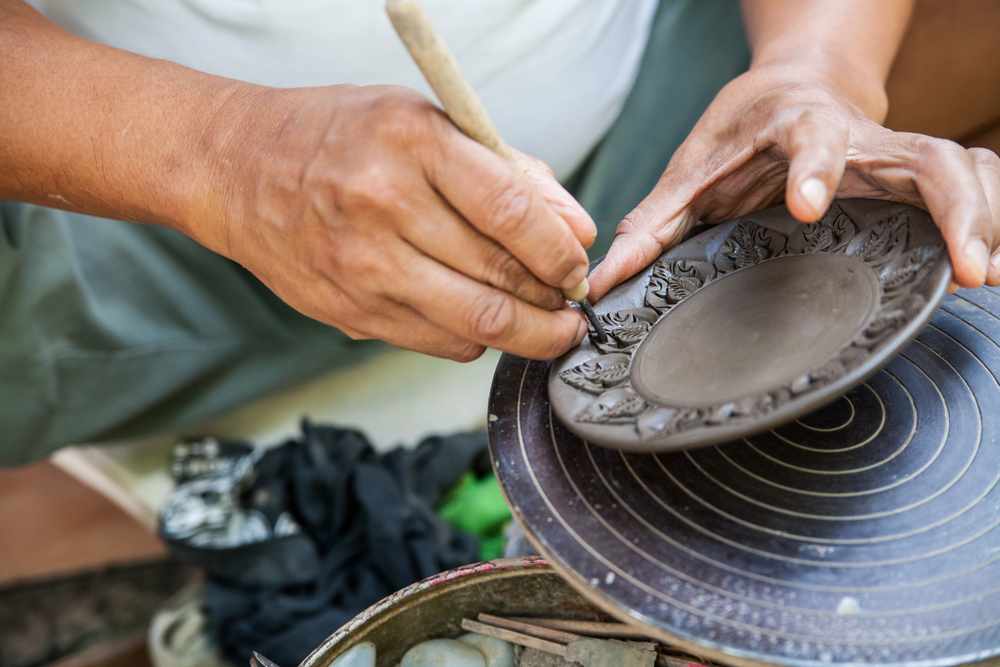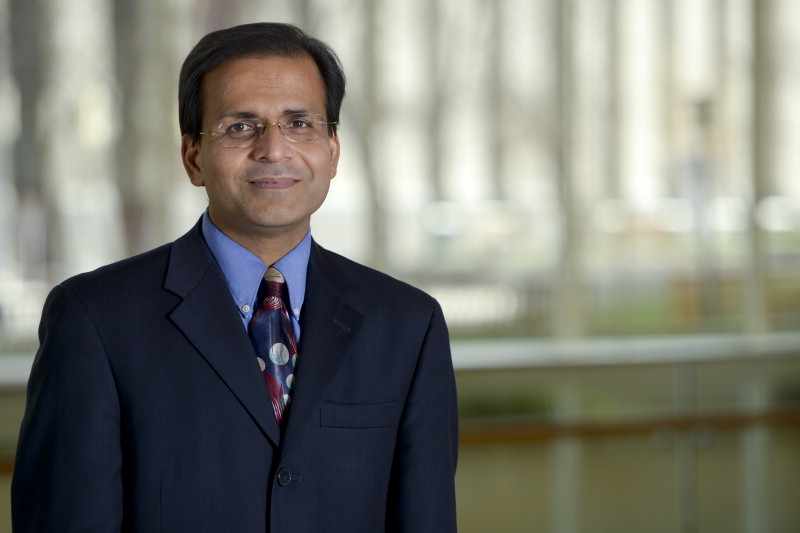-
Featured News
Something to Think About: Appreciate what seems easy
 Dr. Amit Sood says, "Appreciate what seems easy, since it often reflects insights obtained by years of toiling."
Dr. Amit Sood says, "Appreciate what seems easy, since it often reflects insights obtained by years of toiling."
Dear friend,
I like it easy. Easy things don’t strain my mind’s muscles. But I easily discount them. As a result, I often take easiness for granted. It risks losing value, meaning, and the joy it might provide me.
Easiness is of two types. One is ease that serves my weakness, particularly my penchant for short-term gratification. The second comes when something that once was difficult now has become easy, as I have gained experience.
Calorie consumption, a sedentary lifestyle, challenge avoidance, uncontrolled frustration, unkind words, and passive recreations are all easy. Of late, acquiring information and operating powerful gadgets have also become easy. In general, easiness that serves my short-term gratification isn’t healthy for the long term.
The other type of easiness is well earned, often after years of intense practice. Examples include cooking, creative work, driving, and meditation (if it ever becomes easy!). Such easiness is welcome because it reflects your diligence and talent and not the innate nature of the activity, which started off being difficult.
Research shows that after repeated practice, activities, such as swimming or driving, do not require as much conscious attention. The subcortical networks of the brain (which don’t need conscious engagement) come to coordinate the same activity. That’s the reason that, while you drive, you can control your car, talk with passengers, receive a phone call, listen to music, sip coffee, monitor the traffic, check directions, and speed while looking out for a police car. Think about doing any of this when you were a teenager and had just started driving. You would have been annoyed with the least distraction.
Technology is constantly making life easier for us. This is good and bad. Sending flowers by the click of a button or ordering furniture on the Internet saves time. But it takes away the joy of visiting the local furniture store, getting to know a friendly salesperson, chasing kids in the open space, letting your weight drop on plush mattresses you couldn’t afford, and enjoying the very sweet complimentary hot chocolate that you would have never purchased yourself.
Ease also leaves our attention free to roam into the mind’s wanderings. When all I have to do to fix my dinner is open the package and heat it up, I don’t need to think, smell, feel, or be creative during cooking. I could accomplish the entire task with very little attention. (You won’t believe me, but research shows that the time it takes to cook a fresh meal is about the same as the time required to heat up and serve a prepackaged meal.)
We don’t need to convert easy into difficult. Instead, we should harness the time and energy we save from not having to hand wash the clothes or manually do the dishes to spend quality time with loved ones, immerse in creative activities, and pursue emotional and spiritual growth. That, I believe, is our species’ destiny.
May you find time each day to invest in quality connections, immerse in creative activities, and pursue emotional and spiritual growth.
Take care.
Amit

Read previous blog posts and follow @AmitSoodMD on Twitter.







